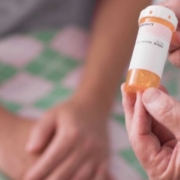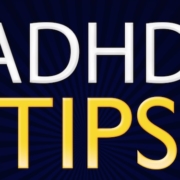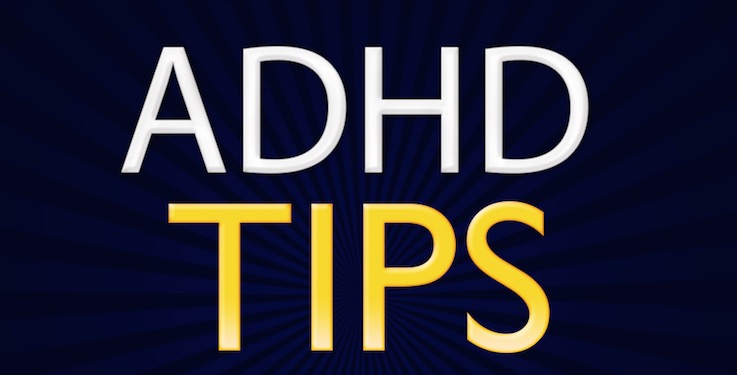4 ADHD Tips for Teens
4 ADHD Tips for Teens
4 ADHD Tips for Teens
If your teen has been diagnosed with ADHD, they may often feel misunderstood. It can further be frustrating for them to navigate school and friendships. Yet, there are various strategies that can help your child manage their ADHD and corresponding symptoms.
Unfortunately, there is no quick fix. It often takes a combination of approaches to find what works for each individual. While your teen may also find ADHD coaching beneficial, other strategies and tips for ADHD that you might want to explore include:
Tip #1: Limiting Distractions
This may mean encouraging your teen to sit at the front of the class so that they are less likely to get off track. Furthermore, you should discuss a “no-phone” rule with them during school hours as this can also prove to be a huge distraction.
Tip #2: Talking About It
When we try to shy away from discussing what’s going on, it can lead to further issues, including shame and low self-esteem. Instead, encourage your teen to talk about their ADHD with their teacher and friends. The teacher may be able to help you and your teen plan correctly. Furthermore, close friends can foster understanding in situations where ADHD symptoms may arise.
Tip #3: Moving Around During School Breaks
Research shows that individuals with ADHD experience improved attention with regular exercise. It can also prove beneficial for individuals with ADHD when they’re feeling restless to take a break, then come back to the task after they’ve moved around a bit. Again, this may be something you want to discuss with your teen’s teacher.
Tip #4: Focusing on the Positive!
An ADHD diagnosis is just one thing about you or your teen. Inevitably, they have various other positive traits and attributes. Maybe they are ultra-creative. Or perhaps they are very talented in a particular sport.
Part of ADHD coaching involves focusing on a person’s strengths. If you and your teen are looking for ADHD management strategies, Pathways Neuropsychology Associates are here to help. Together, we can uncover the ADHD management strategies that work best for your teen. Contact us today for more information.
#top .av_textblock_section.av-av_textblock-4b54a9376293c03bbf09fa7edbc1f1cb .avia_textblock{
font-size:16px;
}
At Pathways Neuropsychology Associates we use evidence-based evaluation instruments and treatments to get you, your loved one, or your child on the path to success. If you or someone you love are struggling with the symptoms of ADHD, call now and get started!
.flex_column.av-av_one_full-d3e509f4637007bf756d5d5b286252b3{
border-width:2px;
border-color:#d9d9d9;
border-style:solid;
border-radius:0px 0px 0px 0px;
-webkit-border-radius:0px 0px 0px 0px;
-moz-border-radius:0px 0px 0px 0px;
padding:20px 20px 20px 20px;
background-color:#f8f8f8;
}
The post 4 ADHD Tips for Teens appeared first on Pathways Neuropsychology Associates.
Source: ADHD
4 ADHD Tips for Teens






 Medication in Your DMs?
Medication in Your DMs?


